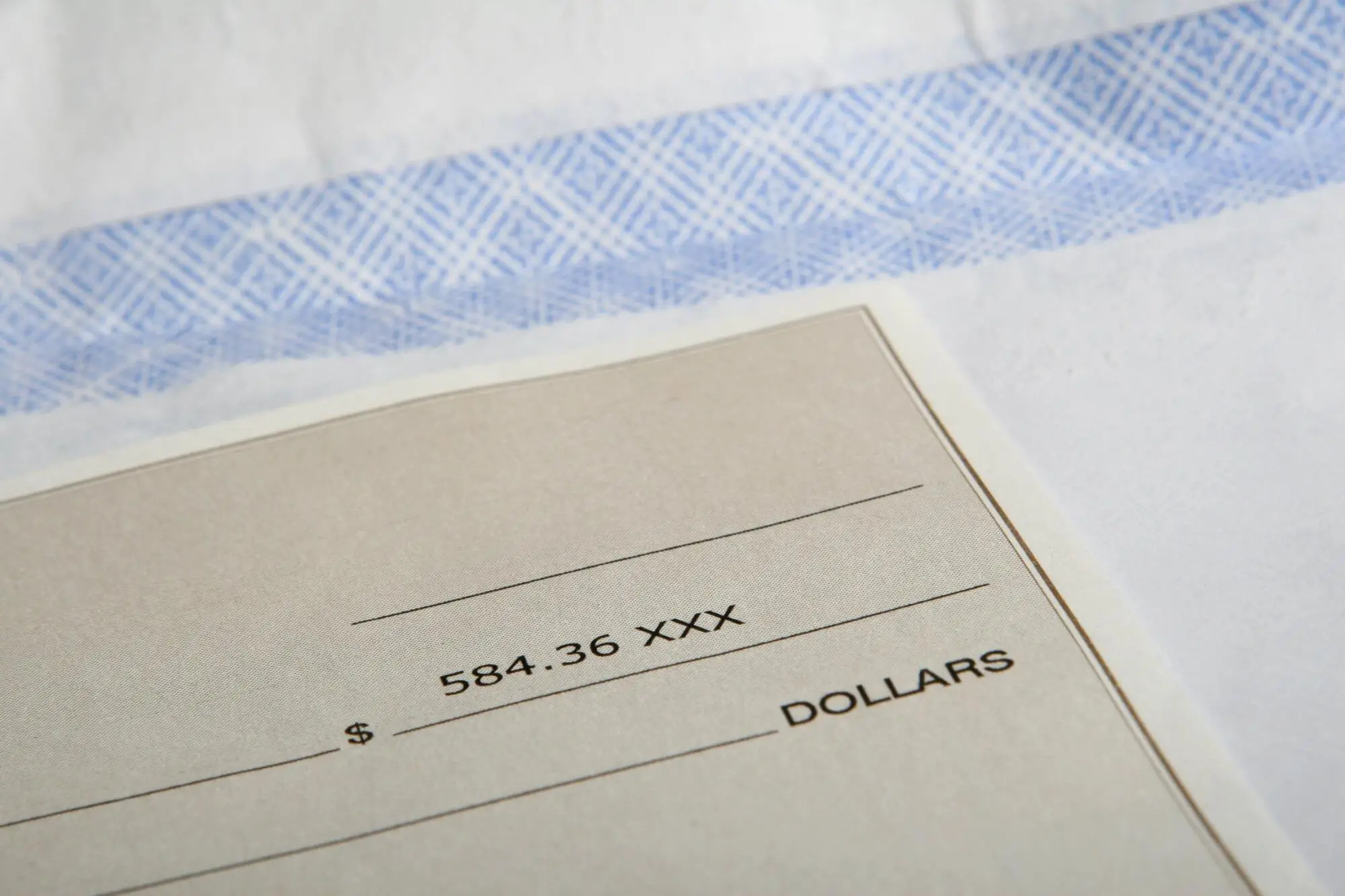Do you know the difference between wear and tear vs damage to your property? Normal wear and tear include things like a loose doorknob or a wonky cabinet door. Damage is more substantial, such as broken tiles or large holes in the walls.
Security deposits are a critical part of the landlord-tenant relationship. They serve as a financial safeguard against property damage. However, it can also give tenants anxiety about whether or not they'll get it back when they move.
Read on for in-depth insights into landlord responsibilities, tenants' rights, and the rules governing security deposits.
Understanding Security Deposits
A security deposit is a sum of money provided by tenants to landlords before moving into a rental property. It serves to cover potential damages or unpaid rent.
In Los Angeles, deposits cannot exceed a maximum of one month's rent. They are crucial for landlords as they provide a financial buffer against possible tenant mishaps.
Landlord Responsibilities with Security Deposits
As a landlord, you have specific landlord responsibilities related to security deposits. Knowing these can protect you from legal scrutiny and foster a positive relationship with your tenants. Here's what you need to keep in mind:
- Always have a written lease that clearly outlines the security deposit terms
- Hold security deposits in a separate bank account to avoid commingling funds
- Provide tenants with a receipt for their deposit payment
- Notify tenants about how much you are holding to cover damages with an itemized list of deductions
Keep in mind that damage deductions cannot exceed the amount of that deposit. In that case, the landlord would have to pursue legal action to recover damages.
Tenants' Rights and Security Deposit Rules
Tenants also have rights when it comes to security deposits. Familiarizing yourself with their rights will help you avoid disputes down the line:
- Refund timelines
- Reasons for deductions
- Formal walkthroughs
Most laws need landlords to return the security deposit within a specific timeframe after the tenant leaves. This is generally between 14 to 60 days depending on the area.
Landlords must document and justify any deductions. Common reasons include unpaid rent or extensive property damage.
Conducting a walkthrough with your tenant before they move out can help identify existing damage. This will mitigate disputes concerning the deposit.
Returning Deposits and Avoiding Conflicts
Returning deposits promptly and fairly can establish trust and reduce conflict. To ensure a smooth process:
- Document everything
- Communicate
- Know your local laws
Keep records of the property condition before or after the tenancy. Stay in touch with your tenant about the status of their deposit, especially when there are deductions. And stay updated on security deposit rules, as they can change over time.
Remember that security deposits cannot go towards routine maintenance.
Protect Landlord and Tenant Relations
Managing security deposits well is about more than protecting your property. It's also key to fostering a healthy landlord-tenant relationship.
PMI Count Line provides Los Angeles property management you can trust. Our office is locally owned and independently operated, so you get to work with a property manager who knows the area. Schedule a consultation today to learn more about how we can help.


